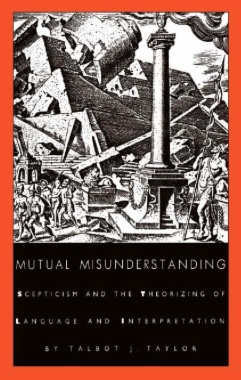In 1973, El Colegio de México published the first version of Historia mínima de México (followed in 1974 by the English translation A Compact History of Mexico) for the purpose of providing Mexicans living at that time with basic historical knowledge of their country. While preserving the aim of synthesis and simplicity that served as a basic guideline for the earlier Historia mínima de México, this new work constitutes a completely novel and original manuscript. Thus, A New Compact History of México is not only a “new history,” but also an innovative one. In its pages, readers will find accounts and perspectives enabling them to gain a fundamental understanding of Mexican history in an enjoyable way.
- FRONT COVER
- TITLE AND LEGAL PAGES
- TABLE OF CONTENT
- PRESENTATION
- ANCIENT MEXICO. Pablo Escalante-Gonzalbo
- The Hunter-Gatherers
- The Dawn of Civilization
- The Roots of Regional Diversity
- The Age of Empire
- Crisis and Change
- The Warriors of Quetzalcóatl
- The Water Lords
- On the Eve of the Conquest
- Epilogue
- THE COLONIAL ERA TO 1760. Bernardo García-Martínez
- 1519-1610: Laying the Foundation
- 1610-1760: Maturity and Autonomy
- Conclusion
- THE BOURBON REFORMS. Luis Jáuregui
- An Overview
- The Bourbon Dynasty's First Reforms
- The General Tour of Inspection (Visita) of the Courts and Royal Treasuries of New Spain
- The Viceroy's Power and the Ordinance of Intendants for New Spain
- The 1790s: A Change of Course
- The Consolidation of Vales Reales (Royal Bonds) and the Economy of New Spain
- Nationalist Sentiment in New Spain
- FROM INDEPENDENCE TO CONSOLIDATION OF THE REPUBLIC. Josefina Zoraida Vázquez
- The Revolution for Independence
- The Mexican State is Born
- Facing Threats from Abroad, Mexico Experiments with Centralism and Dictatorship
- Liberal Reform, the French Intervention, and the Definitive Triumph of the Republic
- The Nation Slowly Becomes a Republic
- THE PORFIRIATO. Elisa Speckman-Guerra
- Policies of the Porfiriato
- Public Finances and Economic Development
- Rural and Urban Societies
- Culture
- THE REVOLUTION. Javier Garciadiego
- Critics, Oppositionists, and Precursors
- From Opposition to Armed Conflict
- Anachronistic Liberalism
- The Constitutionalist Struggle
- Constitutionalists vs. Conventionalists
- The Virtues and Limits of the Carranza Government
- The New State
- 1929-2000: THE MOST RECENT STAGE. Luis Aboites-Aguilar
- World Crisis and Political Reorganization
- 1940-1958: Stability and Economic Growth
- 1958-1982: Imbalances and the State's Response
- 1982-2000: Citizen Mobilization and Political Change
- GLOSSARY
- AUTHORS
- NAME AND PLACE INDEX
- COLOPHON
- BACK COVER

